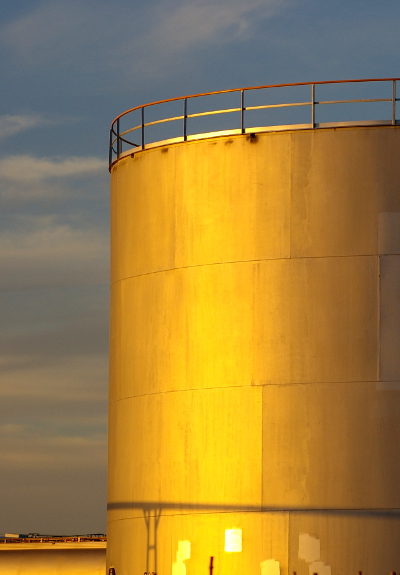Big names push gas change
 Advocates are pushing for change in WA gas policy.
Advocates are pushing for change in WA gas policy.
The West Australian government is reportedly considering revising its export ban for onshore gas.
But the deliberations have been interrupted by Wesfarmers, which warns that such a policy shift could pose problems to the state's burgeoning green mineral processing sector.
This warning comes as the WA Labor government explores options for a new onshore gas policy, spurred by industry calls to lift the export ban to attract international investment.
Ian Hansen, Managing Director of Wesfarmers Chemicals, Energy & Fertilisers, says domestic gas supply is critical to supporting the growth of Western Australia's chemical manufacturing and critical minerals processing industries.
“At this stage, the state government’s consideration of lifting the export ban to address supply shortfalls raises many unresolved questions, and it is not clear that this is in the best interest of Western Australians,” Mr Hansen has told the AFR.
The debate around the onshore gas policy has intensified following proposals from companies like Mineral Resources, led by billionaire Chris Ellison, advocating for the flexibility to export gas at international prices during periods of domestic surplus, while committing to local supply in times of shortfall.
Ellison has been a vocal critic of the current export restrictions, arguing they hinder investment and development within the state's gas sector.
Mineral Resources is poised to make a significant investment decision regarding an $850 million gas plant, contingent on receiving export allocation approval from the government.
Wesfarmers and its partner SQM are in the process of establishing a lithium hydroxide plant in Kwinana, with plans to potentially double the production capacity of their Mt Holland lithium mine.
The joint venture says it relies on stable domestic gas supply for future green mineral processing initiatives.
Premier Roger Cook has acknowledged the dilemma of maintaining a 100 per cent domestic gas reservation policy if it results in no gas production.
“We have 100 per cent domestic gas reservation policy for onshore gas, but that will be to no avail if we have 100 per cent of no domestic gas,” Mr Cook says.







 Print
Print